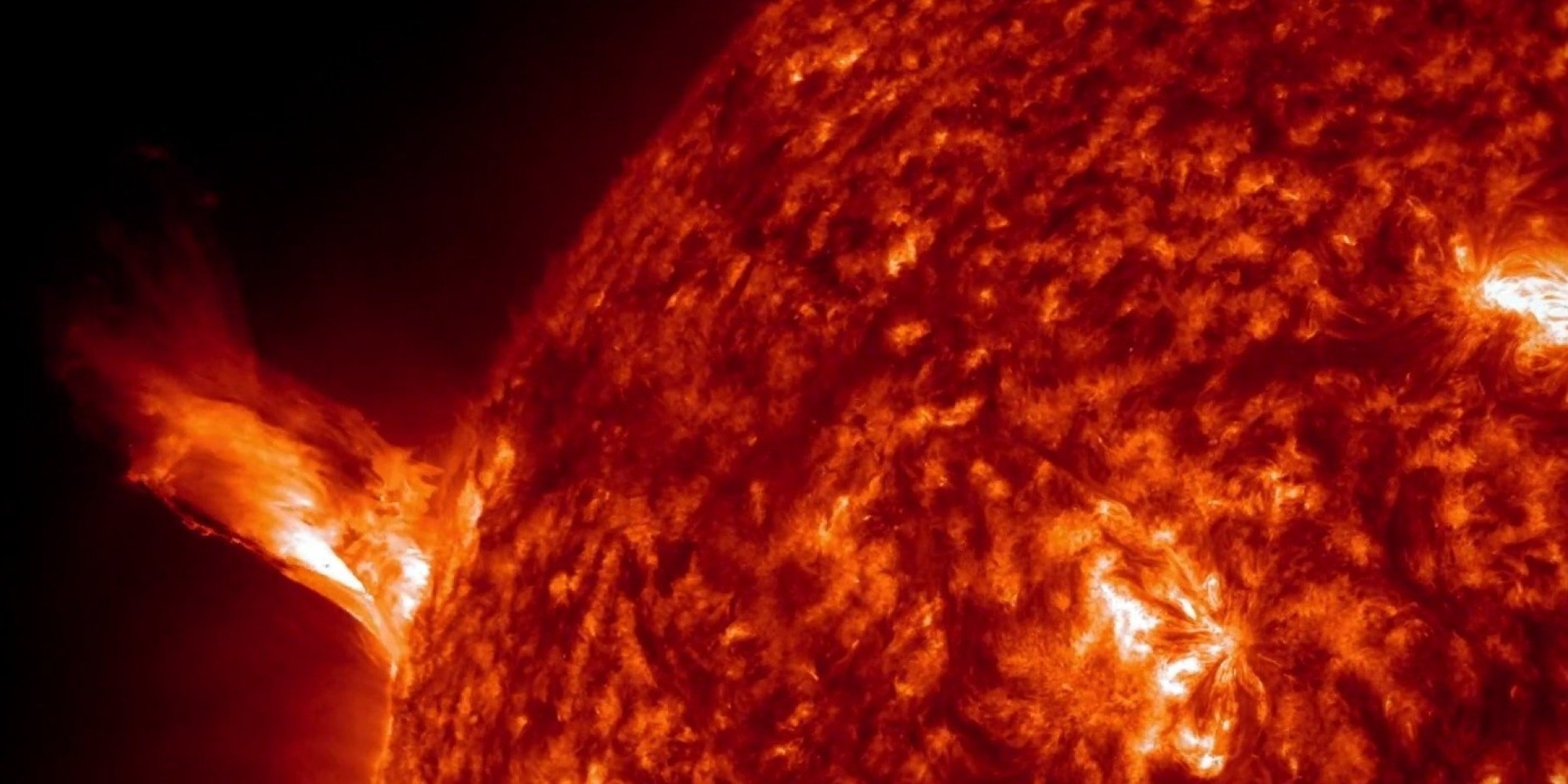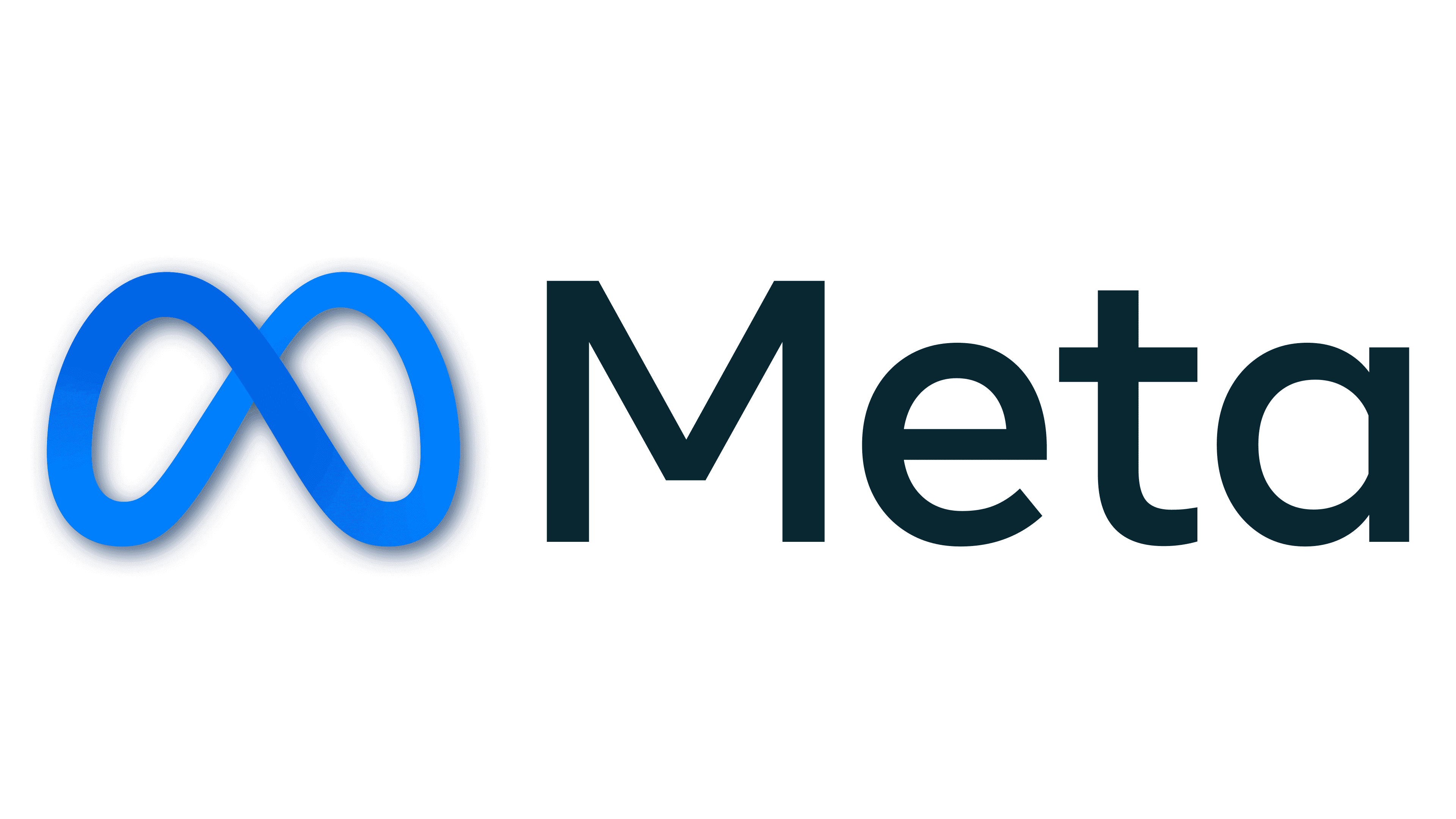King Charles’s Visit to Canada Raises Questions About Indigenous Rights
King Charles spoke to Canada’s parliament this week. Some people saw his speech as a quiet way to stand up to former U.S. President Donald Trump, who has made threats about taking over parts of Canada. The King’s words were seen as a show of Canada’s independence.
But for many Indigenous people, the royal visit was hard to watch. With all the fancy clothing, speeches, and Mounties in old-fashioned helmets, the event felt like a reminder of Canada’s colonial past. That’s the time when the British and other settlers took land from Indigenous people and tried to erase their cultures.
Some Indigenous leaders and professors said that the growing patriotism in Canada—caused by fear of the U.S.—is making it harder to focus on fixing the country’s own problems, especially those related to Indigenous people.
“There’s only so much attention people can give,” said David MacDonald, a political science professor from Ontario. “Right now, it’s all about standing up to Trump. But that pushes Indigenous issues to the side. That’s also part of colonialism.”
MacDonald reminded people that Canada was originally created to unite British colonies and to stop the U.S. from taking over. But this also included violence against Indigenous people.
“If we’re not careful, we’ll repeat the mistakes of the past,” he said. “Some Canadians may believe the country should stay the way it was, especially if we keep honoring old leaders from colonial times.”
Indigenous leaders also pointed out the irony: while Canada talks about being independent, First Nations still have to fight for their own rights inside Canada.
The federal government has admitted that it hurt Indigenous people in the past—by taking their land, forcing them onto small reserves, and trying to erase their cultures. This has led to poor health, poverty, and shorter lifespans for many Indigenous people.
To get justice, many Indigenous groups have had to take the government to court. In one case last year, Canada’s top court said the government had failed to live up to a treaty from 1850, calling it a “mockery.”
Chief David Monias of Pimicikamak Okimawin in Manitoba said after the King’s speech: “We were sovereign before. We are still sovereign. These treaties were made to share land and resources. That means Canada must also share the profits.”
Grand Chief Kyra Wilson said she appreciated that King Charles talked about Indigenous rights and acknowledged that Parliament sits on traditional Algonquin land. But she added, “We’ve heard the word ‘reconciliation’ for years. What we want is real action.”
National Chief Cindy Woodhouse Nepinak also met with the King. She said she asked for “less colonialism” and pointed out that First Nations have been dealing with control and pressure for a long time—even before Trump.
Over the past 20 years, Canada has been slowly trying to face its colonial history. A 2015 report said Canada committed “cultural genocide” by forcing Indigenous children into residential schools, where many were abused.
A major turning point happened four years ago, when the remains of 215 children were found outside a former residential school in British Columbia.
But recently, some people say that the focus on reconciliation is fading. Rowland Keshena Robinson, a professor and member of the Menominee Nation, said national pride and old British symbols are making a comeback because of Trump.
On the same day King Charles spoke, the Ontario government said it would put a statue of John A. Macdonald—Canada’s first prime minister—back on display. Activists had removed it before because of his harmful actions toward Indigenous people.
“There’s definitely been a step backward,” Robinson said.
Professor MacDonald added that Canada has a chance to set itself apart from the U.S.—not by being loyal to Britain, but by truly working with Indigenous communities.
“What’s the opposite of an authoritarian U.S. system?” he asked. “It’s a system where Indigenous people have control over their own land and can protect the environment.”
“That would be the most un-American thing Canadians could do,” he said. “And maybe it’s exactly what Canada needs to build a new identity—one that includes Indigenous self-government at its core.”



